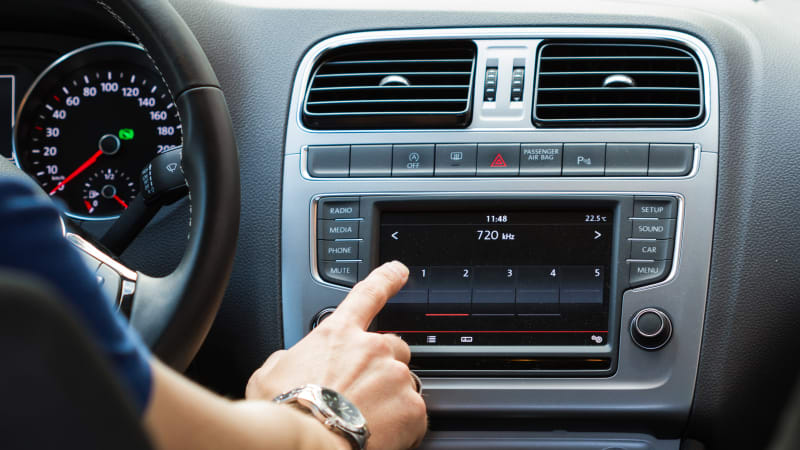Automaker group predicts keeping AM radio in EVs could cost $3.8 billion

Components in an electric vehicle create all kinds of electromagnetic interference (EMI) with the AM signal; such EMI can’t be stopped, but can be reduced to a reasonable level with items like shielded cables, component placement, and active noise cancelation. For the past few years, a growing number of carmakers elected to skip the effort by eliminating AM broadcast radio from their EVs. Ford went further, planning to eliminate AM radio in all its cars starting with the 2024 Mustang. In response, a growing number of opponents want AM radio restored. The public battle to save AM heated up late last year when Sen. Ed Markey, D-Mass., wrote a letter asking all automakers to deal with the EM shielding issues and maintain AM radio. Since then, both houses of Congress have drafted bills with bipartisan support that mandate AM radio in EVs. A study from the Center for Automotive Research (CAR), an automaker group, says doing so could cost carmakers $3.8 billion over the next seven years.
An unnamed automaker told CAR researchers that the costs of shielding cables could run from $35 to $50 per vehicle, the costs of filtering could run from $15 to $20. Beyond such costs being passed to consumers, the additional equipment could add weight, which in turn could reduce driving range.
Let’s say automakers sold an average of 8 million EVs per year in the U.S. from 2024 to 2030, 56 million units total — an insane number that exceeds the wildest adoption forecasts. Divide the potential cost by the unit count, $3.8B by 56M, that’s an average of $67.86 per vehicle, right in line with estimates, if the unit count were so absurdly high. However, we can’t know where the CAR number is coming from.
The Congressional Budget Office (CBO), tasked with forecasting the costs of congressional bills, derived a much lower cost. The CBO’s cost breakdown of Senate bill 1669, AM Radio for Every Vehicle Act of 2023, says, “Based on sales data, this would require manufacturers to update media equipment and infotainment software in about 2.5 to 3 million EVs per year. Because the unit costs of those updates are small, CBO estimates the total cost of the mandate would be several millions of dollars each year the requirement is in effect.” Atop those costs comes the governmental outlay for bill implementation and enforcement, the agency writing, “The CBO estimates that implementing the bill would cost [Department of Transportation] and [General Accounting Office] a total of $1 million over the 2024-2028 period.”
Side note, the bills don’t determine an enforcement date yet, the potential date being years into the future at the moment. Also, one version of the bill exempts automakers producing less than 40,000 units per year.
It’s all he-said-she-said that’s going to come down to which side can convince the highest number of legislators. Carmakers say there are alternatives to AM radio, and that there are more and better ways to communicate with the populace in an emergency than terrestrial AM radio. The National Association of Broadcasters says 82 million Americans listen to AM stations each month, while Ford says the numbers it’s getting from its internet-connected vehicles reveals AM radio use makes up less than 5% of in-car listening time. Yet a healthy number of politicians say their constituents demand terrestrial AM. As the disc jockeys and talk radio hosts say, “Stay tuned.”







